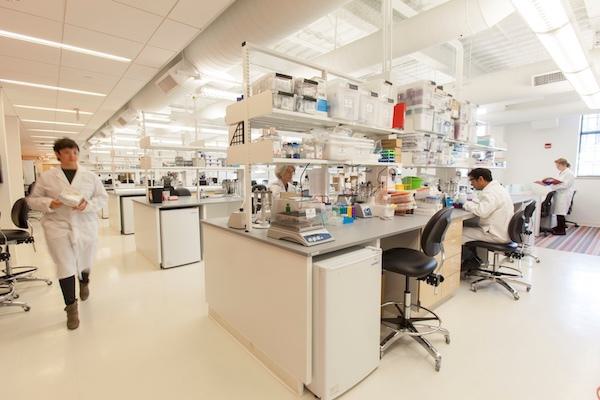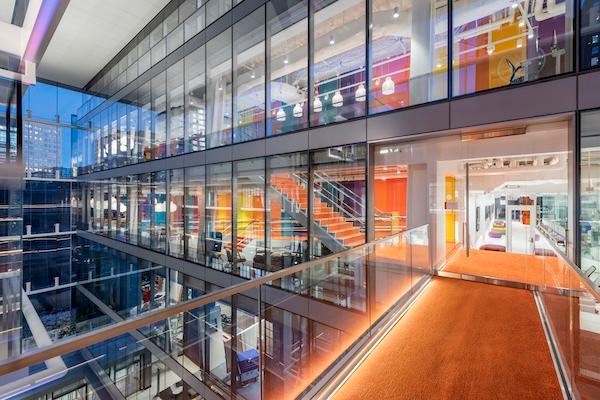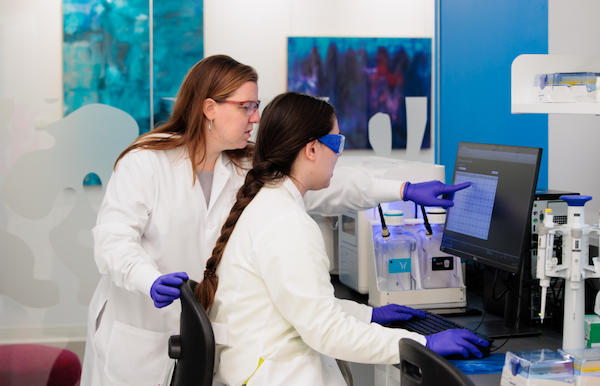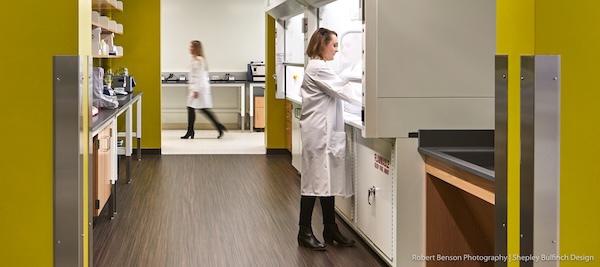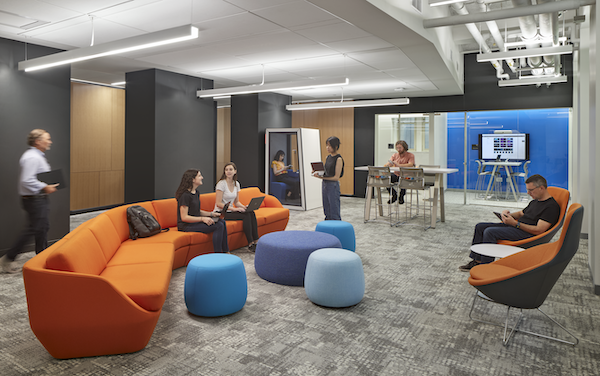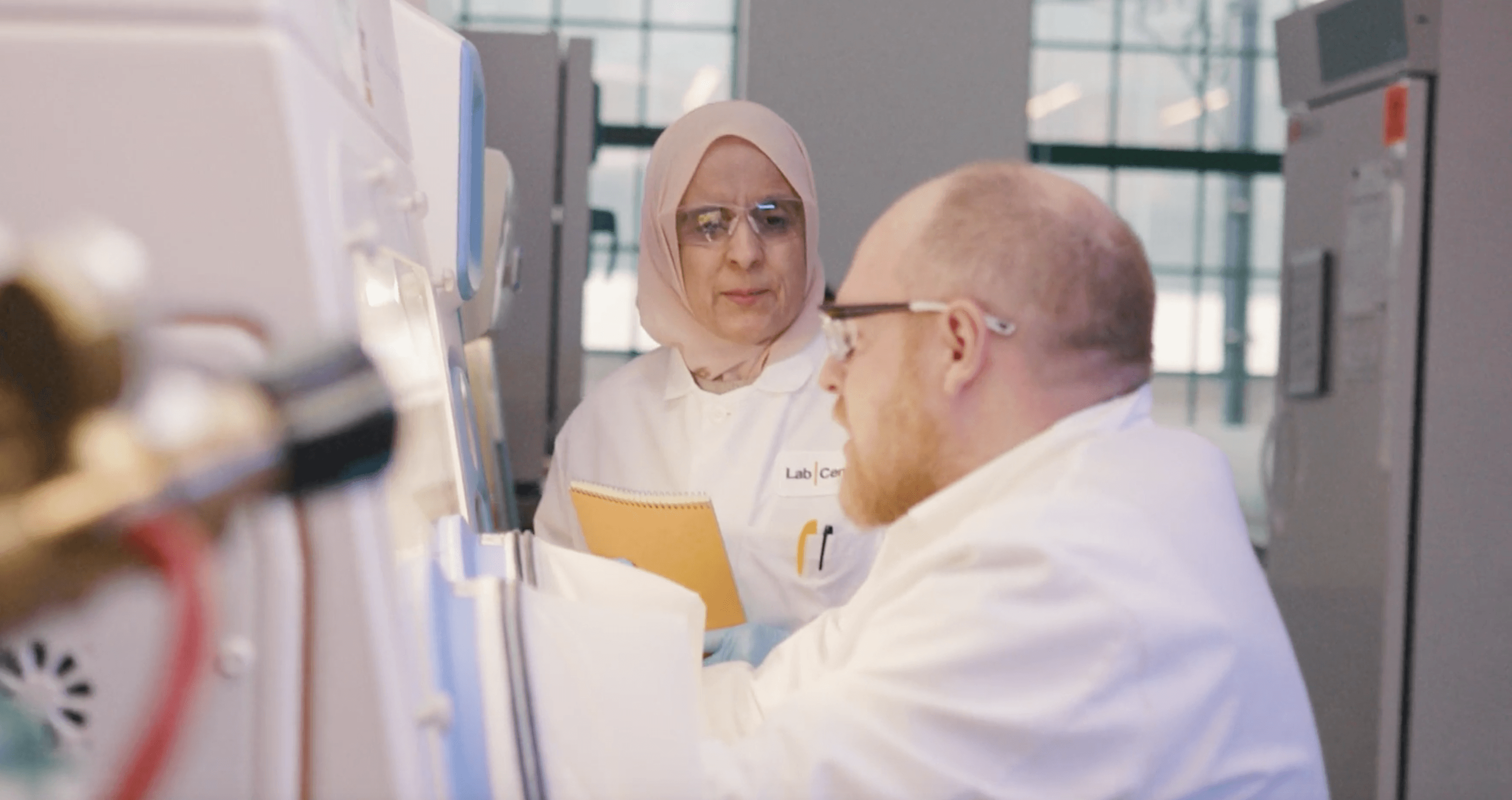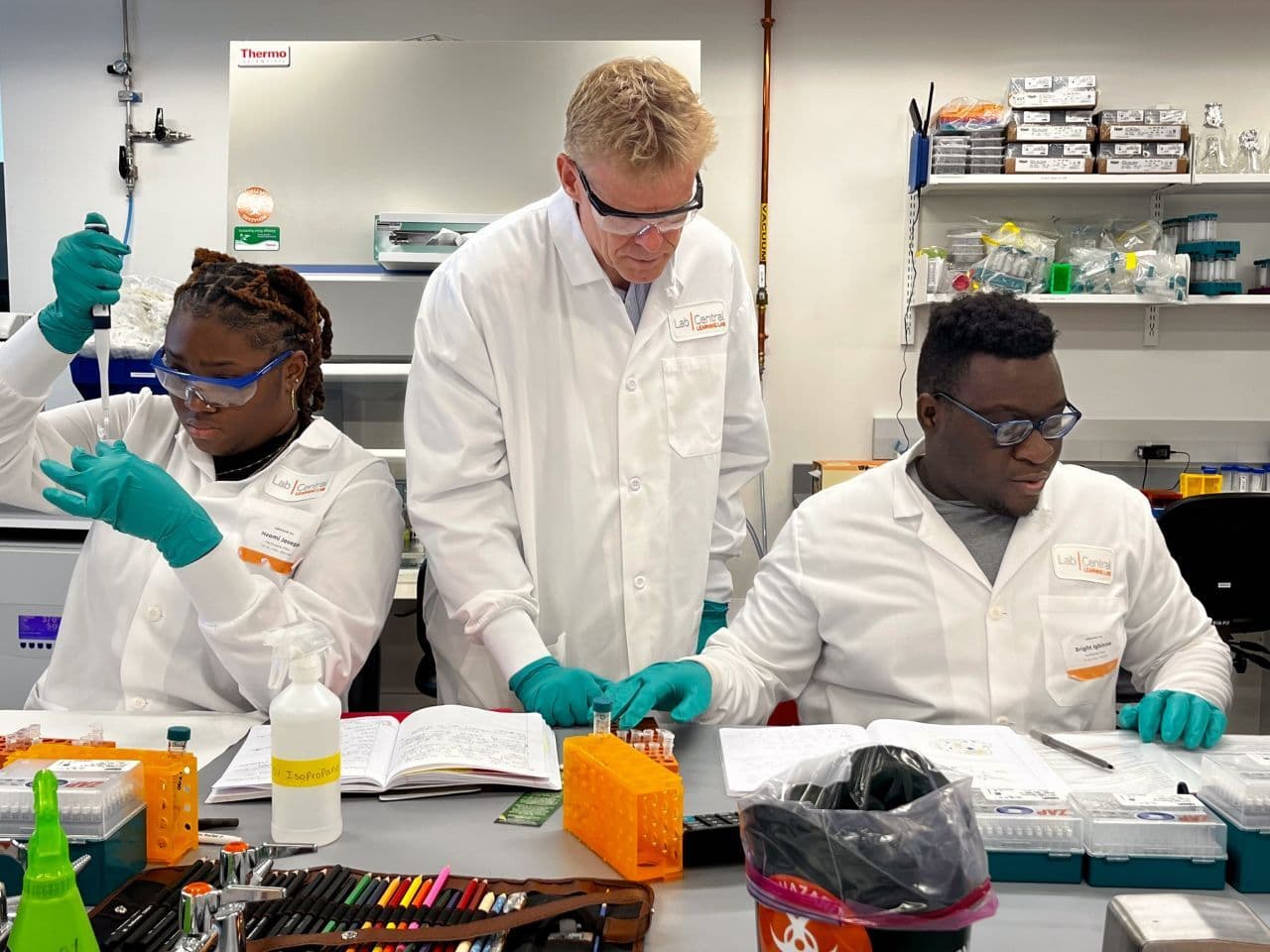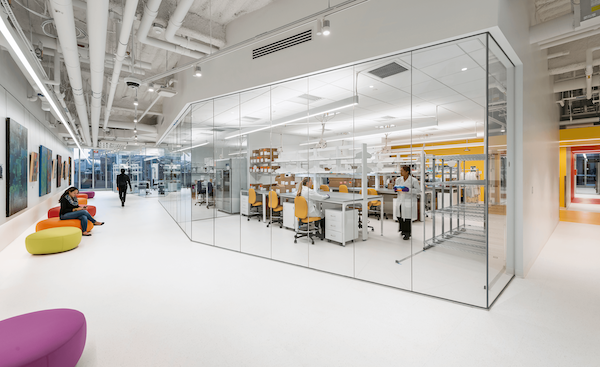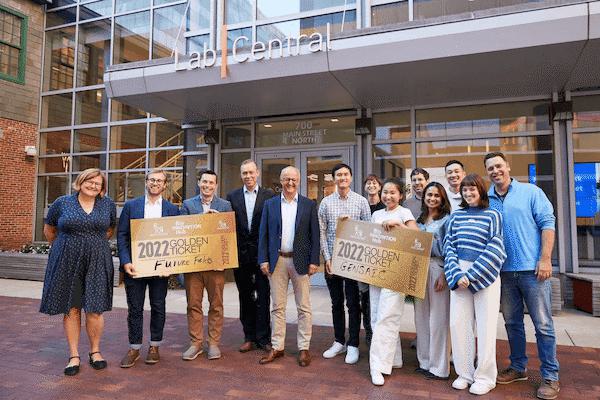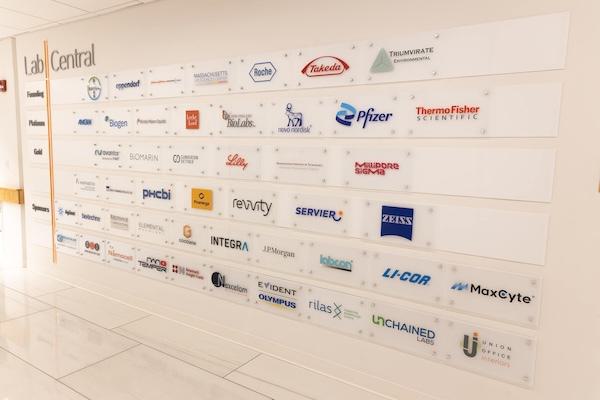Disclaimer: the views, thoughts, and opinions expressed in this blog belong solely to the individual author, and not to LabCentral or the author’s employer, organization or committee.
We are a “Nation of Immigrants,” the world’s “melting pot.” This melding of ethnicities from around the globe underpins the fabric of who we are as a country – not only culturally, but economically – and is codified in the motto on the U.S. seal: E Pluribus Unum, “Out of many, one.”
Remembering this core value is critical as research confirms that immigrants are highly entrepreneurial, and in fact, they are more likely to start businesses than U.S.-born citizens. A 2016 study showed immigrants founded 51% of the nation’s startups worth $1B or more as of Jan. 1, 2015, with an average of 760 jobs created by each company. In a 2016 survey, LabCentral found that nearly 75% of its startups were founded or co-founded by immigrants.
However, it’s very clear that today’s immigration climate is putting that entrepreneurship and economic development in jeopardy. While the coronavirus crisis and related policies curbing travel and immigration are garnering significant media attention, there are proposed changes to legal immigration that run the risk of dramatically reducing and slowing immigration to the U.S., and along with that our access to the world’s best talent.
The New York Times recently reported a drop of more than 11% in new legal immigration and a 30% dip projected by 2021. At the same time, foreign visas to the U.S. have declined by about 25% since 2016. A new wealth test is being introduced, which will limit the pool of potential applicants independent of their qualification, and H-1B non-immigrant visas (issued to qualified individuals to work temporarily in areas like science and research, IT, engineering and medicine) are becoming more limited in scope. The H-1B path is being made less attractive with the proposed ban on H-4 employment authorization documents that allow spouses and dependent children of H-1B visa holders to temporarily reside in the U.S.
There is a very real risk that the public will accept these restrictions to travel and “temporary” immigration bans within the context of trying to limit the spread of the novel coronavirus. However, there are multiple reports that these measures are actually part of a more concerted and long-planned effort to limit immigration (including legal immigration) in general.
This may carry grave consequences when we consider the impact on biotech, a community that comprises disproportionately high numbers of foreign-born entrepreneurs who are making significant contributions to our economy. We benefit from the worldwide biotech talent that flows to Boston and other parts of our state, and from the students who remain after their training to start companies here. As an example, LabCentral companies alone created 2,385 jobs from 2013–2019. In that same time period, these companies also generated $5.9 billion in investor funding, and in 2019 alone, they closed 21% of all national Series A biotech funding.
But it’s the threat to human health that is perhaps most concerning. Foreign-born entrepreneurs are often the scientists at the forefront of developing novel drugs and therapies, along with new modes of diagnosis and treatment. This small snapshot of LabCentral companies reveals critical contributions at all stages of biotech development – from the early research phase to large-scale clinical trials and several that are currently working on solving the coronavirus pandemic:
- From Iran: Kamran Tavangar is a founder of Affinivax, a fast developing vaccine company, which has now added a new program to develop a coronavirus vaccine.
- From Venezuela: Irene Bosch is the founder of E25Bio, a company developing a new, rapid point-of-use detection device for coronavirus.
- From Finland: Hannu Rajaniemi is the founder of HelixNano, which is also working on novel vaccine approaches for COVID-19 to avoid some predicted resistance mechanisms that could affect the first generations of vaccines currently in clinical trials.
- From Denmark: Ulrik Nielsen is the founder of Tidal Therapeutics, a company innovating revolutionary solutions for hard-to-treat cancers. Ulrik also previously founded Merrimack Pharmaceuticals and Torque Therapeutics.
These are the high-risk, high-potential biotech ventures that require time, funding and opportunity – often uniquely afforded through U.S academic institutions and investors – to turn cutting-ege concepts into realities. Making it difficult or impossible for scientists to enter the U.S. to pursue advanced degrees and research, or preventing founders from hiring highly qualified scientists from abroad will not only impact our economy, it will take a direct toll on the research, drugs and other therapeutics that could extend and save human lives from a variety of diseases.
I can speak to this issue directly, based on my own immigration story. Originally, my wife and I came to Boston as post-doctorate students, through exchange visas, with a plan to return to Germany after a period of study and research. Like all the best-laid plans, ours changed too. When I had the opportunity to launch a startup company based on the science I had worked on, we decided to stay. In the 15 years since, through a combination of hard work, opportunity and a strong network of mentors and peers – I’ve been able to contribute to the U.S. biotech community in a range of ways: from co-founding new biotech firms, and investing in biotech startups as co-founder of Mission BioCapital, to accelerating early-stage life sciences and biotech innovation by co-founding LabCentral and BioLabs.
Unfortunately, my experience doesn’t reflect the new reality legal immigrants are facing today. It has since become much harder for these talented academics and professionals to enter the U.S. and to stay and build companies. I’m concerned about this shift toward a “closed system.” It’s increasingly difficult for biotech companies to hire qualified international talent, and this will certainly impact us, not only economically, but in our ability to maintain a competitive edge in science and health advancements.
In the last few weeks alone, I’ve met with two highly qualified scientist/entrepreneur candidates for LabCentral resident companies, each with an academic and skill profile that would typically allow them to stay in our country to drive research and create new companies. But the tightening of the H-1B process and the lower number of visas approved is making this virtually impossible.
I don’t think the urgency of this matter can be overstated. In the coming months, LabCentral will feature blog posts from some of our foreign-born founders and scientists, highlighting their perspectives and experiences with changing immigration policy and how it has directly affected their personal and professional biotech journey – and how it could impact their company’s future and the broader biotech industry.
(Editor’s note: If you have an opinion or story to share related to the intersection of immigration policy and biotech, reach out and let us know at info@labcentral.org as we hope to turn this into a broader industry discussion and may feature some on our blog)
